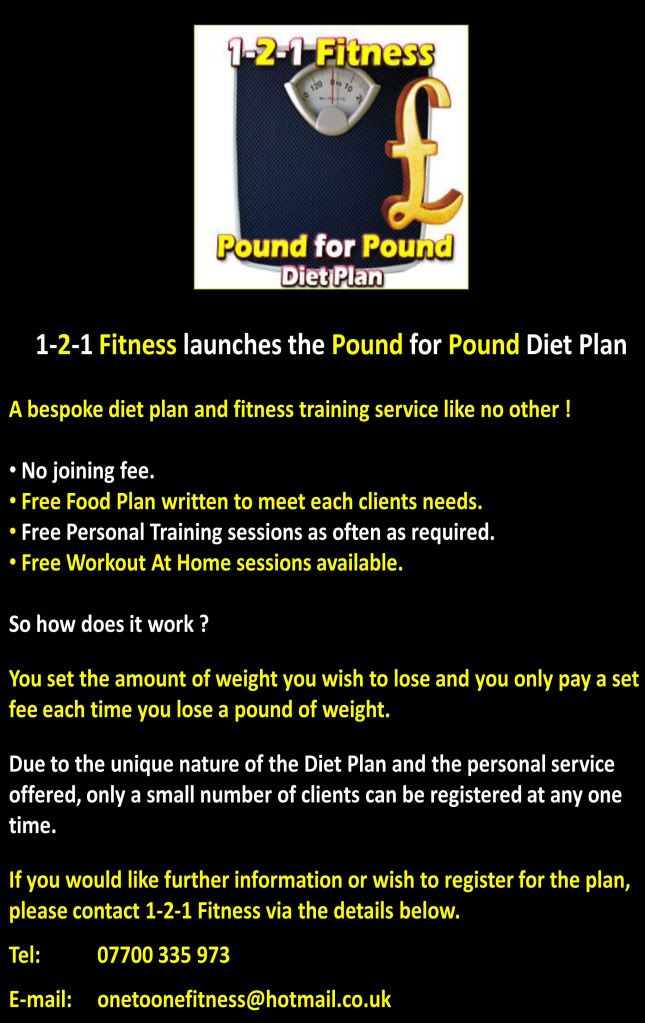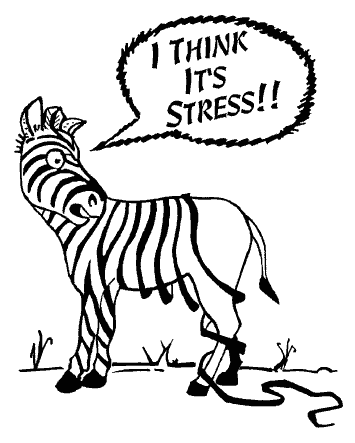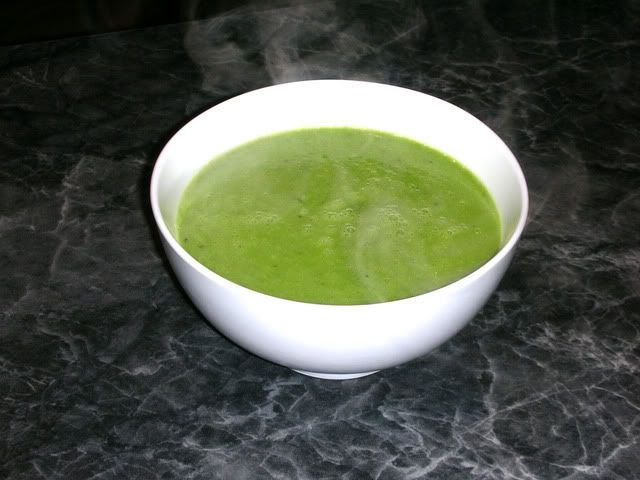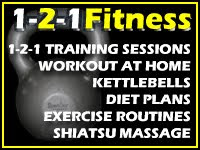
If you want to build a healthy, muscular physique, the quality of your food matters more than the quantity.
I see the diets of a lot of guys who want to get bigger and stronger. They run the spectrum from excellent to atrocious (mostly atrocious), but there's one commonality shared by almost all: every guys thinks his diet is perfect.
Every day I have guys tell me that they don't actually need any nutritional advice, because they "already eat really well."
Bullshit...
Talk with any good nutritionist, and they will tell you it's rare to find someone who consistently makes good food choices. In my mind, it's the true linchpin to body composition success—improving the quality of the foods you eat has just as big of an impact on your physique as the quantity you eat.
With that in mind, here are five foods that you can immediately add to your diet to improve the quality of your calories and take your physique to a whole new level
1. Sprouted Grains
Yeah, you've probably already switched to "whole-grains" instead of white bread. Unfortunately most whole-grain breads in supermarkets today are complete crap. They contain added sugar, fructose or high-fructose corn syrup to sweeten the product, as well as tons of dough conditioners to give it the mouth-feel of white bread.
While the glycemic index is overrated, it still reflects how quickly your blood sugar is raised by a food, and conventional whole-grain bread is barely any better than white. So really, you're not getting that much benefit from whole-grain bread.
This is where sprouted grains come in. Sprouting grains and seeds before baking them creates a vastly superior product. The sprouting causes the composition of the grains and seeds to change dramatically by increasing vitamin content and diminishing phytic acid content. (Phytic acid, by the way, binds to minerals and prevents their absorption. The sprouting process breaks down these bonds and increases the digestibility of the grain and its mineral content.)
Sprouted grain products are also a complete protein source, are higher in fibre, and have a much smaller impact on blood sugar than conventional whole-grains. Because these products are generally made with other grains and legumes, they have a lower gluten content, which is also a good thing.
Most sprouted-grain products don't contain any preservatives so you gotta stick these products in the fridge if you don't want to have a freaky science experiment in your cupboard.
I also suggest toasting them as it causes an enzymatic browning process that really brings out the flavour of the bread.
2. Pasture Butter
Butter, because of its high saturated fat content, generally gets a bad rap in health-conscious circles. Fortunately, we are here to enlighten you and we know that saturated is not nearly the enemy it has long been made out to be. From the right sources it's actually very beneficial.
As with all animal foods, not all butter is created equal. Conventional butter from factory-farmed animals is garbage and is to be avoided. You'll often see the ingredient annatto in the nutritional profile. This is because the beta-carotene content is so low the butter is hardly yellow at all, so annatto is added to give it some semblance of the rich yellow that real butter has.
However, butter from pasture-raised grass-fed cows is an excellent food choice. Pasture butter is high in fat-soluble vitamins A, D, and K2. Butter is also the richest known source of the short-chain fatty acid butyrate. Butyrate was recently shown to reverse the effects of metabolic syndrome in rats. (It helped the rats lose bodyweight, decrease cholesterol, triglycerides, and fasting insulin while increasing insulin sensitivity.)
Butyrate is also the primary energy source for your large intestine and may have potent anti-inflammatory and anti-cancer benefits as well.
Pasture butter, unlike conventional, also contains a nice dose of omega-3's, as well as the cancer-fighting CLA. In fact, pastured dairy products are among the richest sources of CLA on the planet, containing 3-5 times more CLA than conventionally produced dairy products.
The best part about pasture butter, though, is that it tastes freakin' incredible.
3. Coconut Oil
Just like with butter, the source of the coconut oil is of utmost importance. I highly recommend the unrefined organic extra virgin type, as it has undergone the least amount of processing and should provide you with the most benefits.
Coconut oil is also very high in saturated fat, but it's made up of a unique saturated fat called medium-chain triglycerides, or MCT's. MCT's have some incredible unique properties: they do not need bile to be digested, they are digested and absorbed intact rather than broken down, and they're more likely to be oxidized as fuel rather than stored as fat.
One of these MCT's is a fatty acid called lauric acid. Lauric acid (which is also found in FA3 makes up about 44% of the fatty acid content of coconut oil. It's converted into monolaurin in the body, which has powerful antimicrobial and antiviral properties.
It makes an awesome addition to stir-fry's, omelette's, and smoothies.
4. Chia Seeds
A long time ago chia seeds were a staple food of some of the world's most dominant civilizations like the Aztecs, Incas, and Mayans. It was so prized it was actually used as a currency. (Today it's made for people who apparently can't take care of real pets.)
Chia seeds are very similar to the more common flax seed and may even be better since chia contains more soluble fibre (6 grams), a higher antioxidant content, and roughly equal omega-3 content.
The great thing about soluble fibre is that it's fermented by the intestines and made into short chain fatty acids like butyrate, which as we learned earlier, may improve health and body composition.
Chia, mainly due to its soluble fibre content again, is considered highly hydrophilic. This means that the seeds can absorb up to 12 times their weight in water and form a viscous gel (much like glucommannan), greatly increasing satiety and creating long-lasting energy. It's also a source of iron, calcium, phosphorus, and manganese. Recent research has shown that chia seeds can be beneficial for diabetics, celiac's disease, and can lower cholesterol.
So toss a tablespoon or two into your next protein shake or Greek yogurt.
5. Cacao Nibs
This is dark chocolate for men. No pussy-footing around with a high-sugar "dark" chocolate. This is the real deal, 100% cacao dark chocolate, and nothing but.
Cacao nibs are a fiber heavy-weight, providing just under five grams in 2 tablespoons, which is as much as flax. Besides its high fibre content cacao nibs contain a boatload of magnesium, as well as some copper, iron, and manganese. But the antioxidant content is where cacao nibs really shine.
They're rich in powerful antioxidants such as catechins, like in tea, and polyphenols, like in red wine. These antioxidants help cacao to lower LDL cholesterol, decrease blood pressure, improve vascular and platelet function and decrease the risk of heart disease.
Cacao nibs are perfect to add to some Greek yogurt, a smoothie, or home-made protein bars.
By itself, 100% dark chocolate tends to be a little bitter, so make sure to add it to something a little sweet to knock down that bitterness and bring out the chocolate flavour.
Wrap-Up
Like I said earlier, it's not necessarily the quantity of calories you take in but the quality. These five foods have the ability to greatly impact your health and body composition since the added fibre, healthy fats, vitamins, minerals, and antioxidants will all greatly contribute to improving your health and vitality.
And while I can't guarantee that adding these foods to your diet will make you jacked instantly, I can say that optimizing your health will always help you to maximize your performance and your physique.
So, go eat!











